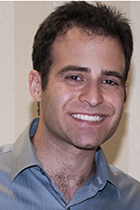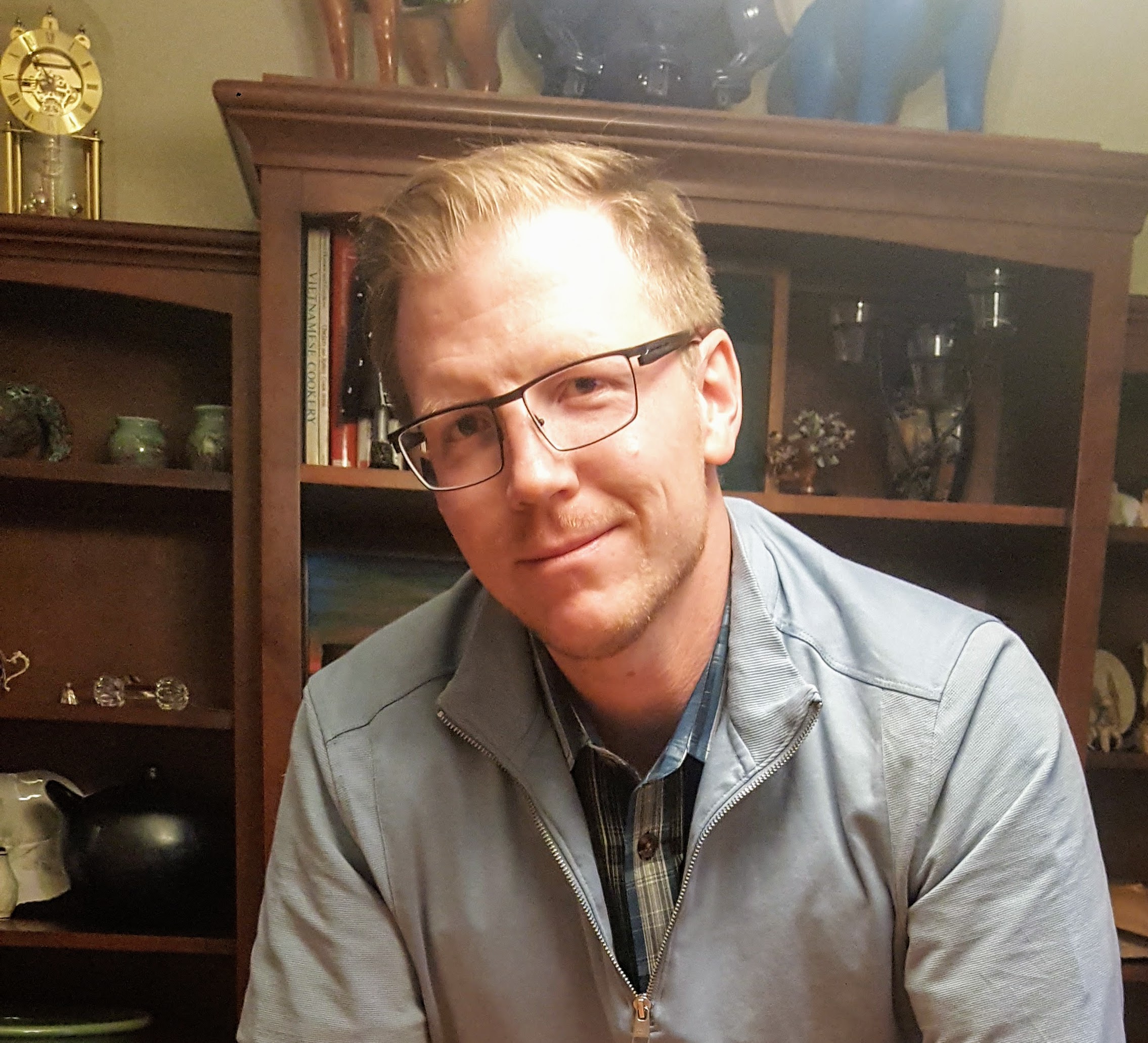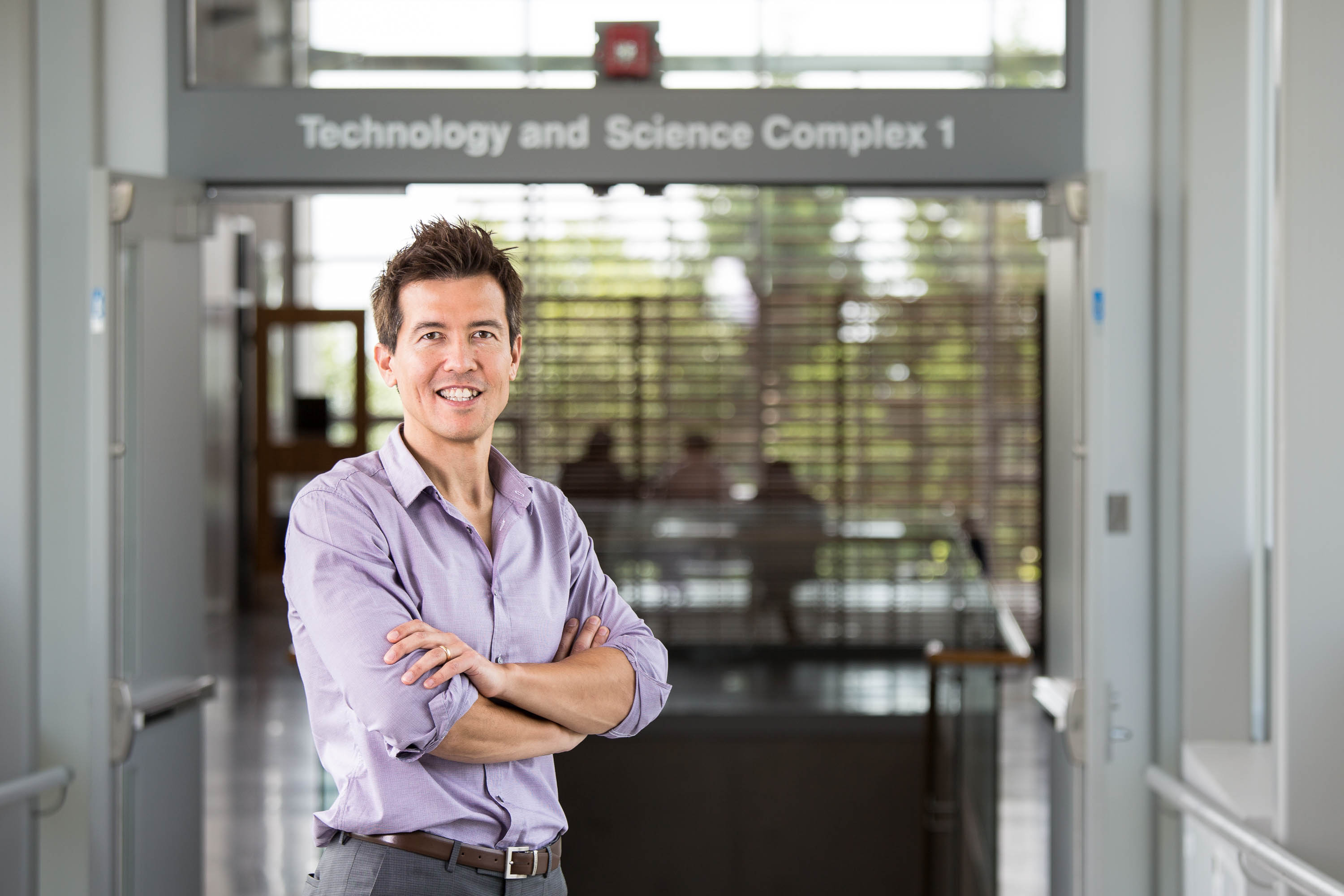Seminar
Planning Algorithms for Multi-Robot Active Perception
Abstract A fundamental task of robotic systems is to use on-board sensors and perception algorithms to understand high-level semantic properties of an environment. The performance of perception algorithms can be greatly improved by planning the motion of the robots to obtain high-value observations. In this talk I will present a suite of planning algorithms we [...]
Doing a Post-doc: Should I do one? How do I find one? How do I pick? What next?
Abstract: In this talk, I will describe the ins and outs of getting a job as a post-doctoral researcher ("doing a post-doc"). I will first describe a number of reasons why one might want to do a post-doc, as well as a few reasons not to do one. I will next describe how to choose [...]
Towards Lifelong Robot Learning
Abstract: Google Brain Robotics vision is to leverage learning to push the field of robotics forward. As such, we have engaged in research ranging in application from navigation to grasping and approach from deep RL to learning from demonstration. Fundamentally, our research is built around the core idea of lifelong learning. Our long term goal [...]
Exploring Human-Robot Trust during Emergencies
Abstract: This talk presents our experimental results related to human-robot trust involving more than 2000 paid subjects exploring topics such as how and why people trust a robot too much and how broken trust in a robot might be repaired. From our perspective, a person trusts a robot when they rely on and accept the [...]
Carnegie Mellon University
Belief Space Planning for Reducing Terrain Relative Localization Uncertainty in Noisy Elevation Maps
Abstract Accurate global localization is essential for planetary rovers to reach science goals and mitigate mission risk. Planetary robots cannot currently use GPS or infrastructure for navigating, and hence rely on terrain for determining global position. Terrain relative navigation (TRN) compares planetary rover-perspective images and 3D models to existing satellite orbital imagery and digital elevation [...]
Comparing apples and oranges: Off-road pedestrian detection on the NREC agricultural person-detection dataset
Abstract: Person detection from vehicles has made rapid progress recently with the advent of multiple high-quality datasets of urban and highway driving, yet no large-scale benchmark has been available for the same problem in off-road or agricultural environments. In this talk, we present the NREC Agricultural Person-Detection Dataset to spur research in these environments. It [...]
Adaptive Information Gathering via Imitation Learning
Abstract: In the adaptive information gathering problem, a robot is required to select an informative sensing location using the history of measurements acquired thus far. While there is an extensive amount of prior work investigating effective practical approximations using variants of Shannon’s entropy, the efficacy of such policies heavily depends on the geometric distribution of [...]
Deep Structured Models for Human Activity Recognition
Abstract: Visual recognition involves reasoning about structured relations at multiple levels of detail. For example, human behaviour analysis requires a comprehensive labeling covering individual low-level actions to pair-wise interactions through to high-level events. Scene understanding can benefit from considering labels and their inter-relations. In this talk I will present recent work by our group building [...]







